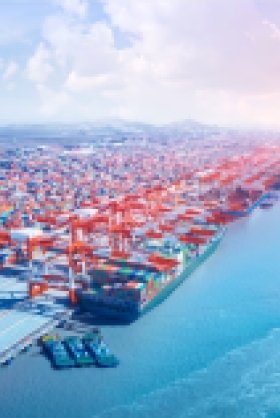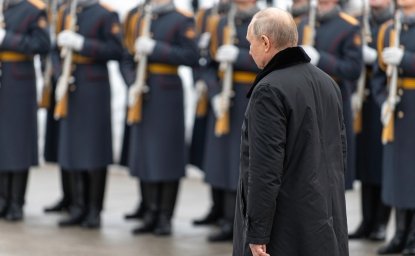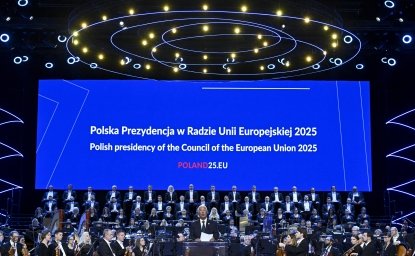EU-Mercosur Relations: From Benign Neglect to Contested Values







In a new paper, Michelle Egan, a global fellow in the Wilson Center’s Global Europe Program and a professor at American University, examines the ongoing tensions between the EU and Mercosur over finalizing their long-stalled trade agreement. Egan explains how clashes over agriculture, sustainability standards, and deforestation have obstructed progress. On the one side, he describes, environmental groups and EU member states continue to object to the agreement’s lack of strong sustainability and climate provisions. On the other side, Latin American leaders keep pushing back against EU efforts to strengthen concrete sustainability commitments in the EU-Mercosur trade deal, seen as “green neocolonialism” threatening sovereignty.


The Wilson Center’s prestigious Latin America Program provides non-partisan expertise to a broad community of decision makers in the United States and Latin America on critical policy issues facing the Hemisphere. The Program provides insightful and actionable research for policymakers, private sector leaders, journalists, and public intellectuals in the United States and Latin America. To bridge the gap between scholarship and policy action, it fosters new inquiry, sponsors high-level public and private meetings among multiple stakeholders, and explores policy options to improve outcomes for citizens throughout the Americas. Drawing on the Wilson Center’s strength as the nation’s key non-partisan policy forum, the Program serves as a trusted source of analysis and a vital point of contact between the worlds of scholarship and action. Read more


The Brazil Institute—the only country-specific policy institution focused on Brazil in Washington—aims to deepen understanding of Brazil’s complex landscape and strengthen relations between Brazilian and US institutions across all sectors. Read more


The Global Europe Program is focused on Europe’s capabilities, and how it engages on critical global issues. We investigate European approaches to critical global issues. We examine Europe’s relations with Russia and Eurasia, China and the Indo-Pacific, the Middle East and Africa. Our initiatives include “Ukraine in Europe”—an examination of what it will take to make Ukraine’s European future a reality. But we also examine the role of NATO, the European Union and the OSCE, Europe’s energy security, transatlantic trade disputes, and challenges to democracy. The Global Europe Program’s staff, scholars-in-residence, and Global Fellows participate in seminars, policy study groups, and international conferences to provide analytical recommendations to policy makers and the media. Read more



